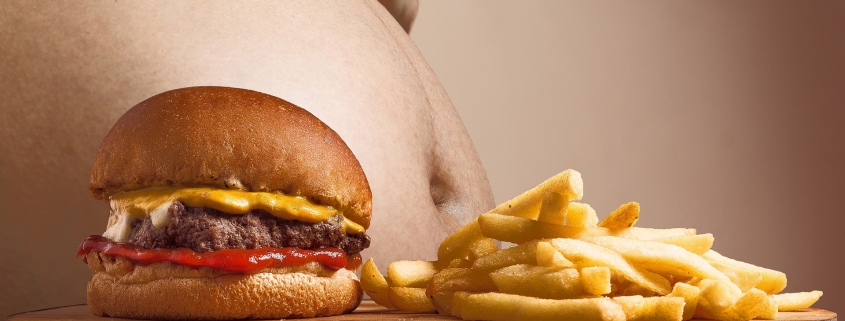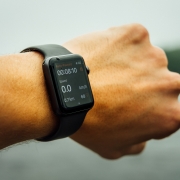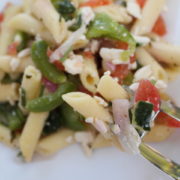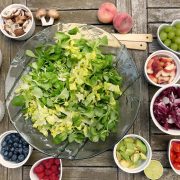Getting Back to a Healthy Diet After Binge Eating
Regardless of the year, if you’ve been through a rough time in your life, it may feel very difficult to get back to eating healthy. Especially after a short or long period of eating anything and everything you felt like. The good news, it is definitely possible to get back to a healthy diet after a binge.
Whether it was just a weekend or since March 2020, we’re here to give you some tips that will help jog your memory. Pun intended!
IMPORTANT DISCLOSURE: If you feel this has been going on for many years, it may be something much more serious than a few ‘get back on track’ tips can provide. We highly recommend seeking professional help if that is the case as this is not medical advice.
Now let’s get on with these ideas that we hope will help you regain your sense of accomplishment, health, and ideas of failure being a hindrance!
Reflect
The first step to getting back to a healthy diet after a binge is to reflect a bit. Evaluate your beliefs around food for instance. Do you graze all day or do you practice mindful eating in order to taste every bite?
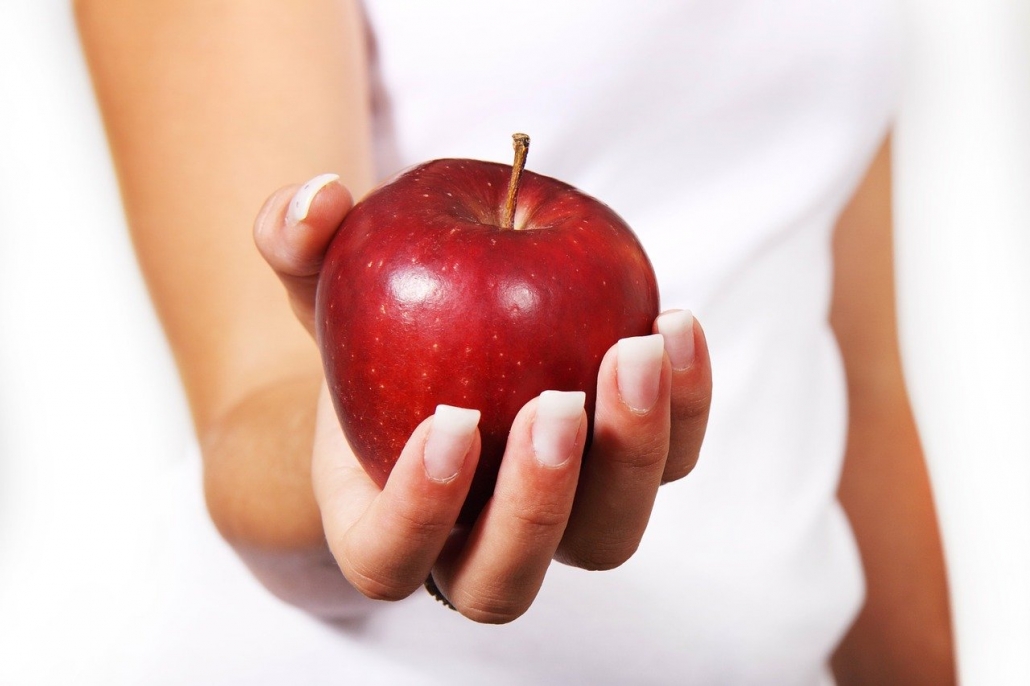
Another way to determine your relationship with food is to seek help. Whether it’s a professional, a food journal, or a friend, find someone who can hold you accountable or join you in the day-to-day challenges. Having an accountability buddy means someone else can empathize and help keep you motivated.
Next you can look at it in a different way. Don’t call it a “diet.” Ditch the diet mentality and treat it like your new lifestyle; it’s not a fad. It’s not a major change. It’s just how you eat now. Treating a diet change as if it were a big deal only puts more pressure on you to be perfect. Losing weight or eating healthy is not a competition, nor is it for anyone else but yourself.
Now that you’re reflecting on your mindset, let’s find out what’s currently in your kitchen. Clean it out of all the non-nutritious foods like white bread, chips, packaged foods, etc. Removing the temptation while you’re of strong mind will help ensure you don’t reach for them mindlessly or late at night.
You can also look at what your current habits are. For instance, how much sleep are you getting? Do you feel well-rested or are you waking up regularly? If so, you can speak to your doctor and potentially consider some form of exercise or medicine to help.
Have a Plan for Your Healthy Diet
Getting started without knowing things like why you want to get healthy, will make reclaiming your life much more difficult. Start with a plan! Figure out a ‘why’ that will help drive you. Put it on a post-it that will be in front of you every day like on your mirror or your computer.
Pre-plan exactly what you can do when:
- You’re tired; what gets you motivated?
- You’re hungry even though you just ate; are you just thirsty?
- You’re craving something bad for you; what are you actually craving? Can it be the crunch you can get from something healthier for example (like carrots instead of croutons)?
- Any other situation that can derail you; ask yourself questions about the source of why you want to eat poorly and remind yourself of your ‘why’.
Create a calendar if it helps you. Use it to record or schedule everything from times to eat to drinking 2/3 of your body weight in water in ounces and try to stick to it as much as possible. If you prefer a writing journal, keep track of everything you eat and drink. It will help you understand where your calories are coming from and where you may be able to make some changes.
Eat to Enjoy
As a people, we are very, very good at eating in a hurry. We’re constantly on the move, running from one errand to the next. We’re eating in the car, while watching TV, at our desk, etc. Take the time to create a space for yourself – just 15 minutes – and eat just to appreciate the food (yes this may sound silly but go with me here). Mindful eating has proven to have a very effective benefit toward losing weight.
Many studies and Harvard articles have produced the results of people eating more slowly and thus tasting more and concentrating on what the nutrients provide will actually help. For some it’s just a matter of being more conscious of what you’re putting in your body. For others, it actually produces different brain and stomach receptors that change how you process food!
It’s an incredible way to help you slow down and ultimately improve your mental health as well, so try it out next meal and let us know what you think. If you need a bit of a physical reminder as well as a facilitator, our Portion Forks were made for exactly this reason.
Find Something Active
If you haven’t already, find a sport you actually enjoy doing. It’s so much easier to be motivated to be active if you really enjoy it. It’s also very helpful to have a workout buddy. Meet up with someone to do an (outdoor) boot camp class or challenge each other.

Here’s a few suggestions for anyone from beginner to experienced exercisers to enjoy:
- Yoga: Studies indicate that yoga can help encourage healthy eating habits and reduce the risk of emotional eating.
- Jogging: Start slow and don’t punish yourself for not getting as far as you’d like. Give it time and persistency and you will!
- Dancing: From Zumba to ballroom, there are many different ways to move your body and enjoy it.
- Bicycling, roller-skating, goofing around with family, or any other activity that gets you moving. Our Instagram has a number of additional suggestions as well!
The trick is just to find something you’ll be at least a little excited about doing. We all end up having to convince ourselves to exercise now and then, but if it’s a daily struggle, it won’t be something you can maintain long-term.
Trick Yourself If You Must
Getting back to a healthy diet after a binge can be difficult, especially since we may continue to blame ourselves or want to continue out of comfort. There are many different little Jedi mind tricks you can do that help you maintain focus without feeling deprived.
One popular one is called the “red, yellow, green technique” where you can identify foods that are good, ok, or bad for you. Having the visual helps you make decisions for yourself throughout the day. Balance it in a healthy way like 5 green 3 yellow and 1 red (for a random example). Adjust it as needed over time to improve your will power and not let your body go into shock one way or the other.
Tricking your mind will also help if you’ve tried diets before and they didn’t really work. Sit down and really evaluate:
- What you tried
- What you felt better doing
- What you didn’t like or feel better doing or eating
- What’s realistic for you
If you treat it a bit like a science experiment on yourself, you may have a more objective outlook and help you see it from another perspective.
Make it Yours
Don’t let the influence of others telling you what worked for them hinder your progress. You’ve made a plan, you know what you can and can’t do, and you know what you enjoy. Stick to it and you won’t be deterred by others doing something different – because there will be a lot.
Not every strategy works for everyone so remember if one thing doesn’t work, try something else but don’t give up because we believe in you!

